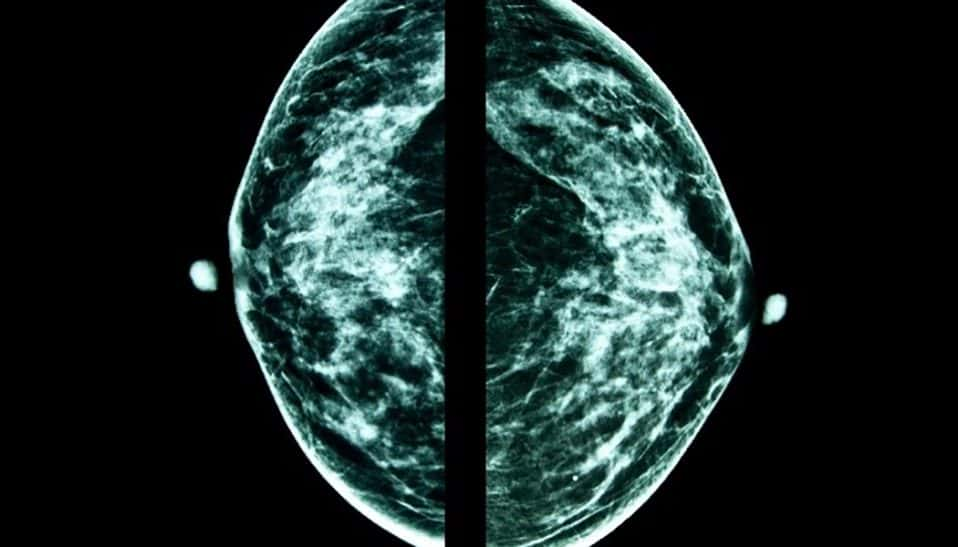The research, led by experts from the Yale School of Medicine, focused on a cohort of 54,635 women aged 70 and above who had undergone breast cancer screening.

A recently published study in the Annals of Internal Medicine has shed light on the issue of breast cancer overdiagnosis among older women
The study found a notable association between continued breast cancer overdiagnosis screening after the age of 70 and the increased detection of cancers that would likely not have caused symptoms during the patients’ lifetimes.
The study’s findings emphasize the potential risks of breast cancer overdiagnosis among older women who are diagnosed with breast cancer through screening procedures. Breast cancer overdiagnosis refers to detecting cancers that would not have led to symptoms or harm in an individual’s lifetime. The research discovered that the likelihood of overdiagnosis rose significantly with age. Among women aged 70 to 74, up to an estimated 31 percent of the detected breast cancers were determined to be cases of overdiagnosis. In the 74 to 84 age group, this figure increased to 47 percent, while for women aged 85 and older, the rate reached up to 54 percent.
The study’s authors suggest that these findings warrant a closer consideration of breast cancer overdiagnosis when deciding to screen for breast cancer in older women
It is suggested that one should consider the advantages of screening in comparison to the potential downsides of breast cancer overdiagnosis, which involve avoidable invasive treatments, excessive medical interventions, financial burden, and emotional strain. The authors of a related editorial from Johns Hopkins University stress the importance of ongoing studies in genomics and a deeper comprehension of cancer characteristics to tackle the problem of breast cancer overdiagnosis during cancer screening.




